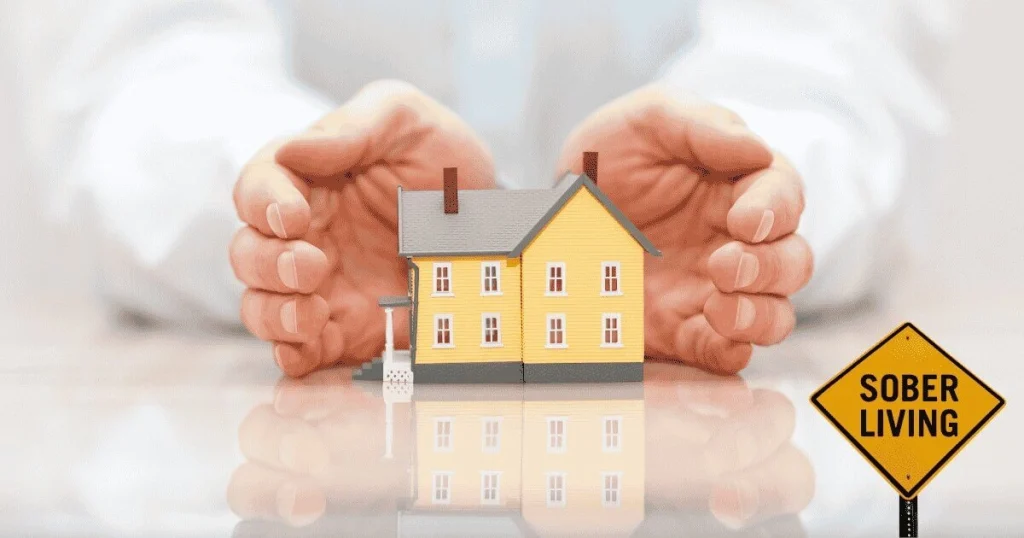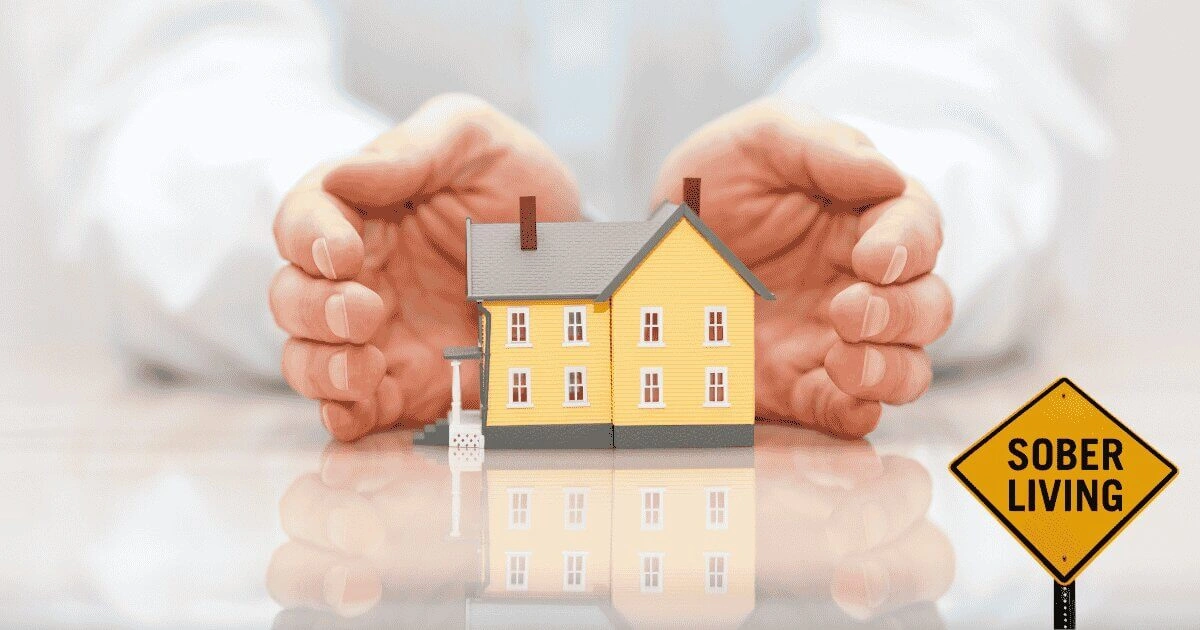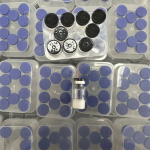Recovering from addiction is a road that calls for reconstructing one’s life in a sustainable and healthy manner, not only for being clean. Following a structured treatment program— such as inpatient rehab—people may find the demands of transitioning to regular life overwhelming. Here is where sober living houses find application.
For those suffering from addiction, sober living homes offer a disciplined, encouraging, drug-free surroundings to enable their return into society. This post will go over what sober living is, its advantages, how it works, and why it’s crucial for preserving long-term sobriety. For individuals looking for a solid basis for their path of recovery, we will also investigate RD Sober Living, a top sober living facility in Dallas, Texas.

Content
What is Sober Living
Designed for those who have finished a formal addiction treatment program but require ongoing assistance in their recovery, sober living is a kind of accommodation. Living in a drug- and alcohol-free atmosphere, these homes provide organized surroundings where patients concentrate on keeping sobriety while learning how to negotiate daily life without drugs or alcohol.
Although sober living houses offer a secure environment where people may stay clean and concentrate on reconstructing their life, they do not offer official addiction therapy. Usually following house rules, residents show up for support groups (such as 12-step meetings), and engage in group activities encouraging personal development and good living.
The Advantages of Sober Living
For those in recovery, sober living houses provide several advantages that enable them to stay sober and have happy lives. Among the main benefits are these:
1. A Community in Support
The sense of community that sober life offers are among its most important advantages. Living with others in recovery offers mutual encouragement, support, and common experiences. Residents who have this friendship remain motivated, feel less alone, and create lifelong bonds with individuals who know their challenges.
2. Organization and Liability
For long-term recovery, sober living houses provide structure and responsibility—two things that are absolutely vital. House regulations call for residents to follow curfews, show attendance at treatment groups, and help out around the house. This framework enables people to create good habits and remain focused on their aims of recovery.
3. A Safe Drug-Free Surroundings
Those in early recovery really must live in an atmosphere free of drugs and alcohol. By offering a secure environment free from the temptation of drugs or alcohol, sober living houses let its occupants concentrate on their emotional, psychological, and physical restoration. Usually found in quiet areas, these houses help to lower outside pressures and stimuli that can cause a relapse.
4. Slow Reintegration into Society
Many people battle to reintegrate into society once they have finished a treatment program. While still working on their recovery, sober living houses enable a progressive transition by giving a supportive atmosphere where clients may take on tasks such handling finances or finding jobs. This slow reintegration enables people to develop the confidence and abilities required for autonomous life.
5. Give Mental Health and Wellness Top Priority
Therefore, sober living houses usually give their occupants’ mental and emotional well-being top priority. Many homes include counseling, therapy, and other services to assist people in resolving underlying mental health problems—such as trauma or anxiety—that could have contributed to their addiction. This all-encompassing strategy helps people recover from addiction in every sphere of their life.
The Approach of Sober Living
Running under a set of rules and policies aimed to assist individuals in their recovery, sober living homes Though every house has different rules, there are certain commonalities:
1. Applications and Prerequisites
Usually, admission into a sober living house requires someone to have completed a formal treatment program—like inpatient rehab. Admission may also require a commitment to remain sober and follow house rules. Many sober living homes have an application process and require renters to be drug- and alcohol-free for a set period before they may move in.
2. Expectations and Household Guidelines
Tight rules in sober living homes assist to maintain a neat, safe environment. Usually, policies consist of:
• The residence must be drug and alcohol free if sober living is to be taken under consideration.
• Residents could be required to frequently show up for support activities for 12-step meetings or other rehabilitation programs.
• Housework, cooking and cleaning among other chores might be assigned to tenants.
• To help its guests stay focused on their recovery, many sober living homes include curfews and visiting restrictions. Following these rules helps people grow in discipline and responsibility—qualities required to stay sober.
3. Continuous Support
Though they are not treatment centers, sober living homes can offer access to recovery resources, group counseling, and ongoing therapy. Residents might also be advised to search for volunteer or career opportunities in order to reach independence. This continuous support ensures that patients pick up vital life skills and remain on course for their recovery.
RD Sober Living: One of Premier Sober Living Houses
For Dallas-area people, RD Sober Living offers first-rate sober living space. A drug-free environment provided by RD Sober Living allows individuals to focus on maintaining sobriety while rebuilding their life in a secure, supportive community.
RD Sober Living is peaceful, neat, and suitable for recovery. Living in encouraging settings enables people to focus on their healing. By offering a controlled environment, RD Sober Living helps individuals answer for their actions. By giving the tools people need, house rules, regular meetings, and therapeutic options help individuals stay focused on their recovery.
RD Sober Living offers life skills training, mental health therapies, and ongoing support, therefore addressing a whole approach to rehabilitation. This approach helps residents restore their lives from emotional, psychological, and spiritual levels.
Conclusion
Maintaining long-term recovery thus rely significantly on sober living homes. These houses provide the foundation needed for people to rebuild their life using a safe, drug-free environment, building, and community support. Emphasizing mental health, responsibility, and lifelong support, sober living homes help people from treatment to independent life so they have the resources to maintain their recovery.
For Dallas locals, RD Sober Living offers a first-rate sober living option combining a disciplined, drug-free environment with comprehensive recovery programs and detailed assistance. If you or a loved one is ready to progress in recovery, visit the website of RD Sober Living to learn more about how they might help on the road to long-term sobriety.

Alissa Edwards a health blogger, but her words have the power to change your life. She is an avid reader and she loves nothing more than curling up with a good book. She always strives for perfection in everything she does, so it’s no surprise that she plans on becoming the next JK Rowling one day!










